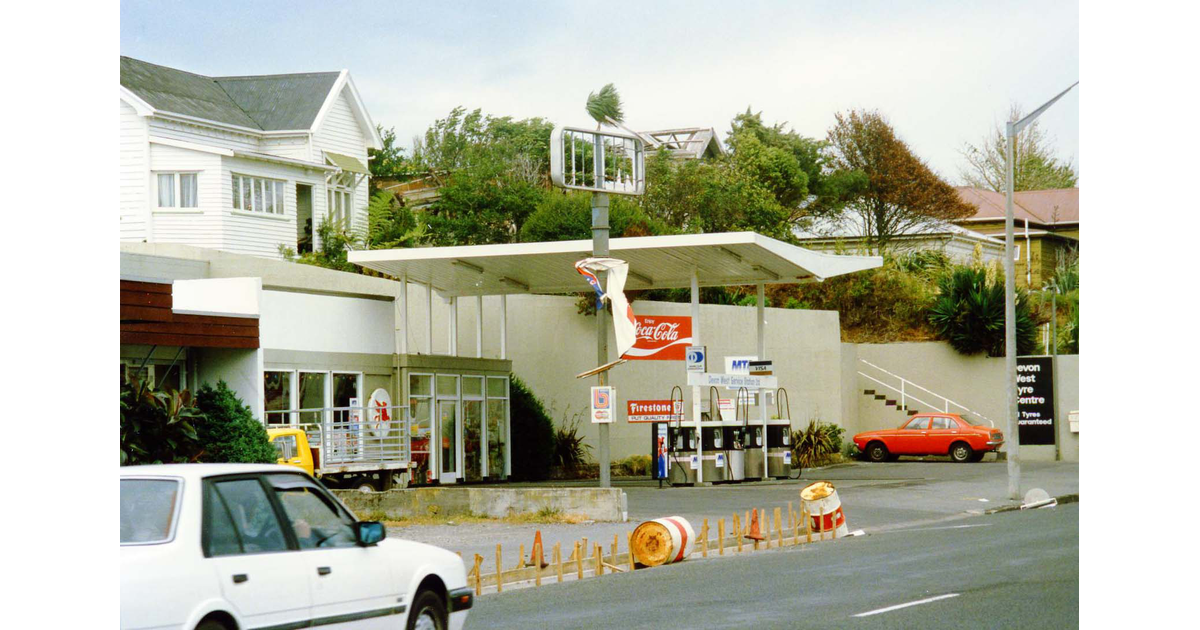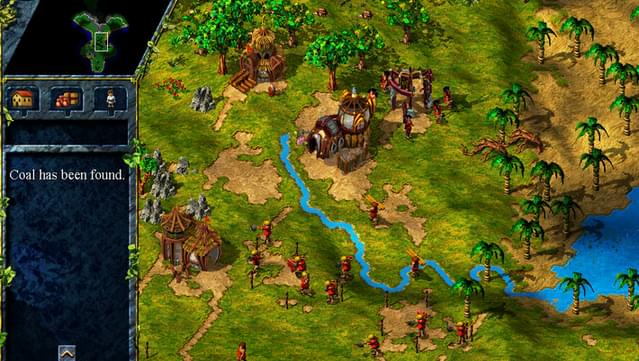

It often means “land, not sea”-an important distinction in Oceania, where there is vastly more of the latter than the former, and it can, by extension, mean not just the land but the people who inhabit it. In different Oceanic languages, it can mean land, village, settlement, house, garden, island, even the earth or the whole visible world. In its earliest known incarnation, it refers to inhabited territory, the place where people have their gardens and houses and where they keep their stuff. Whenua is a word with a rich range of significance. Whenua (pronounced fe’-nu-ah) is also a word whose roots can be traced along this ancient migration pathway, from the Admiralties and the northern coast of Papua New Guinea to the Solomons, New Caledonia, Fiji, and right throughout the Polynesian Triangle, from Samoa and Tonga to Tahiti, Hawaii, and ultimately New Zealand.
#SETTLERS 3 HOW TO SET UP NEW ISLAND SERIES#
Tangata is an old word meaning “man,” “person,” or “human.” It has cognates all over Oceania, a clear measure of its antiquity and an indication that it was spread throughout the region by the Austronesian voyagers who first discovered the islands of the remote Pacific in a series of extraordinary migrations between about 1500 B.C. 1200 and who were the very first people to reach the islands-are known as tangata whenua, meaning “people of the land.” No matter how much such terms might seem to acknowledge the precedence of the original inhabitants, in practice they have often signaled otherness and marginality.īut what if the term used to capture this distinction came from the language of the original inhabitants and not from that of the arrivistes? This is how things are done in New Zealand, where Maori-the Indigenous Polynesians who have been there since about A.D. There is an awkwardness to these terms springing from the dark history of colonialism and the continued imbalance of power between the two. Traditionally, we have spoken of the former as settlers, colonizers, and immigrants, while the latter have gone by a variety of names, many of which refer specifically to the fact of their being there first: aboriginal, Indigenous, native. It would erect artificial barrier among the people and is going to disturb the peace and social harmony of these Islands.In countries such as New Zealand, Australia, Canada, and the United States, a divide remains between people who arrived comparatively recently, in historical terms, and those who were already there.

They have come out with the opinion that the notification for reservation is out and out a retrograde step which is bound to deface the "mini India" image of this society and disrupt the social harmony which is often quoted as a model for the entire India. Many associations on behalf of their communities have given strong representation to the union as well as local administrations demanding revocation of the reservation notifications. Neither the communities who have come under reservation benefits are not happy nor the communities denied the benefits are accepted, the decision of the commission reports. The implementation of OBC's reservation policy has become a controversial issue in the Islands society. But the announcement of reservation benefits in jobs fora section of Indians has been received with sake by others who did not come under the new privileges.

Expect notified tribes of the Union Territory, no such reservation policy in jobs has been exercised among other communities, as it is enjoying by the people of other states since independence. There is no communal tension, no caste barrier and social prejudice. People from all parts of India have come to set a unique example of unity and social harmony. Andaman & Nicobar Islands society has been playing a significant role by setting an example for other societies regarding unity in diversity multi-ethnic, multi-linguistic society. To uplift the socio-economic conditions of these large sections of people in order to end the exploitation from their lives, social reformers and leaders of the country have been organising social and legal movements. As a result, a large section of Indians have been identified as underprivileged, backward, and deprived. The exploitation and deprivation of one section by other is the out come of strict social division and prejudice. India is the homeland of people, who are different to each other on the basis of language, religion, caste, race and community. Nonetheless, social and economic disparities are in deed despairingly vast. Our is a country of great social and cultural diversity often we take pride in the country's colourful multi-cultural diversity.


 0 kommentar(er)
0 kommentar(er)
